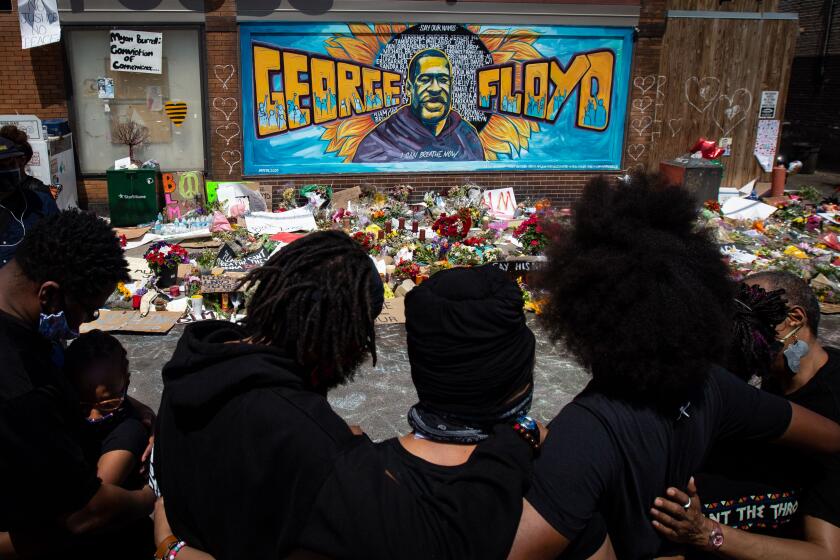‘Four Seasons Lodge’
- Share via
How does life go on, where does it go, when a person has had to confront the worst existence has to offer? Inspirational in unexpected ways, “Four Seasons Lodge” provides answers to those eternal questions, bringing a vibrant perspective to the familiar lines about the resilience of the human spirit.
Four Seasons Lodge is the name of a bungalow colony in New York’s Catskill Mountains, a summer retreat for Holocaust survivors, people now in their 80s who were liberated from concentration camps as teenagers. “We survivors, we stick together like glue,” one woman says. “We want to be together; we need it.” Adds another, “We created a family from our friends.”
This was a necessary act, because many of these individuals found at the end of World War II that they alone of their families had made it out alive. One man estimates he lost 300 relatives: “I was the only one left.” A woman remembers, “We are free, but where do we go, what do we do?”
One thing they often did was marry each other (“Hitler was the matchmaker” is the sardonic way the phenomenon is described). In 1980, some two dozen families purchased the Four Seasons Lodge, but now, with the men who kept the place running dealing with personal problems and failing health, the group is facing “our last season in paradise,” acknowledging that the summer of 2006 might be the final one.
Documentarian Andrew Jacobs, the director of “Four Seasons Lodge,” is a journalist for the New York Times, not a filmmaker, but when he came across the lodge as part of a series he wrote, he clearly understood that these people, their experiences and their world needed to be documented before they disappeared.
Though this may sound like a sad story, it is, in fact, a joyous one. These people came out of their experience with an intense desire to enjoy life as much as possible. Not in a heedless, thoughtless way, but with a deep sense of how precious, how fragile, each moment was. As 91-year-old Aron, seen dancing in the film’s opening sequences, puts it, “You try and do the best you can for as long as you can.”
When these people say, “You live until you die,” you know they mean every word.
Part of the pleasure of “Four Seasons Lodge” is meeting these indelible individuals, people who say irascible things like, “It was the poor kids who made it in the camps; German Jews didn’t survive one hour.” We meet a couple who got together when their spouses died, a man who worked on Hitler’s cars, another who survived Mengele’s sadistic experiments, and people who still can’t talk about what they experienced, what they saw.
Perhaps the most remarkable thing this unexpectedly warm and affirmative film shows us about the survivors is that, far from blocking out their past, they’ve managed to enjoy these unexpected years despite continually living with their personal horrors.
“This is always behind your head, bad memories; no psychiatrist in the world can heal you from that,” one man says. Still, as they all insist, “tomorrow is another day,” and for people who never expected to experience so many tomorrows, that is a blessing indeed.
More to Read
The complete guide to home viewing
Get Screen Gab for everything about the TV shows and streaming movies everyone’s talking about.
You may occasionally receive promotional content from the Los Angeles Times.







